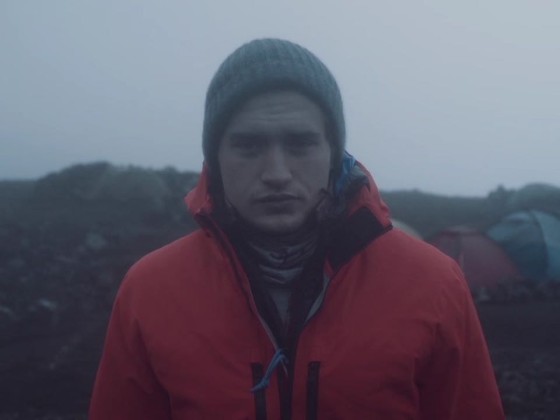FOUR BRITISH ADVENTURERS DECIDED TO TREK 250 miles across Iceland in the dead of winter with only the food they brought with them. It did not go particularly well. Angus Dowie, Charlie Smith, Archie Wilson, and Stefan Rijnbeek were planning on filming their trek for a documentary called The Coldest Crossing. The trek was to take 18 days and the sun wasn’t to fully rise once. If they had succeeded, according to Smith, they would have been the “youngest, fastest, and officially the first people to cross Iceland unsupported in winter.”

These 4 British Trekkers Needed to Be Rescued 3 Times and Pissed Off an Entire Country
Unfortunately, they needed to be rescued by local volunteers. Three times.
Iceland provides free rescue teams known as Iceland Search and Rescue (ICE-SAR) units, which were called out first when Dowie suffered a lung infection and had to be rescued. They were called out one more time when one of the other team members got frostbite on his toes. And they were called out a third and final time when the team was simply too exhausted to continue.
ICE-SAR offers its services for free, but they are funded by donations and are staffed by volunteers. So the three rescue missions started to rub some Icelanders the wrong way. One Icelandic MP called it “an expensive joke,” and others have called for the Brits to pay for their rescue attempts.
Naturally, this story of perceived privilege, hubris, and abuse of hospitality has kicked off a bit of a firestorm on the internet, and the trekkers have been ripped apart by Icelanders, Brits, and pretty much everyone else.
We have now received a number of death threats. Please note we take these seriously and will be handing them over to the proper authorities.
— The Coldest Crossing (@ColdestCrossing) December 30, 2015
The members of The Coldest Crossing have hit back that they had worked closely with ICE-SAR in the lead-up to their expedition, and that ICE-SAR had said that they were well-prepared for the expedition. They were hit by a “freak” storm, they say, and as such, simply got into a number of bad situations that required rescue.
Moreover, the adventurers had insurance, and plan to make a donation to ICE-SAR. So really, no harm, no foul, and the ICE-SAR units were used for what they were meant for.
Adventure travel is inherently dangerous — particularly when you seek out especially harsh expeditions like this one — and the internet should remember that there have been no shortage of immensely qualified and prepared adventurers who have been killed out in the wild.
Failure and danger are, inevitably, a central part of adventure travel, and we shouldn’t publicly shame those who try and fail. We should encourage them to learn from their mistakes, and move on.
h/t: The Daily Telegraph